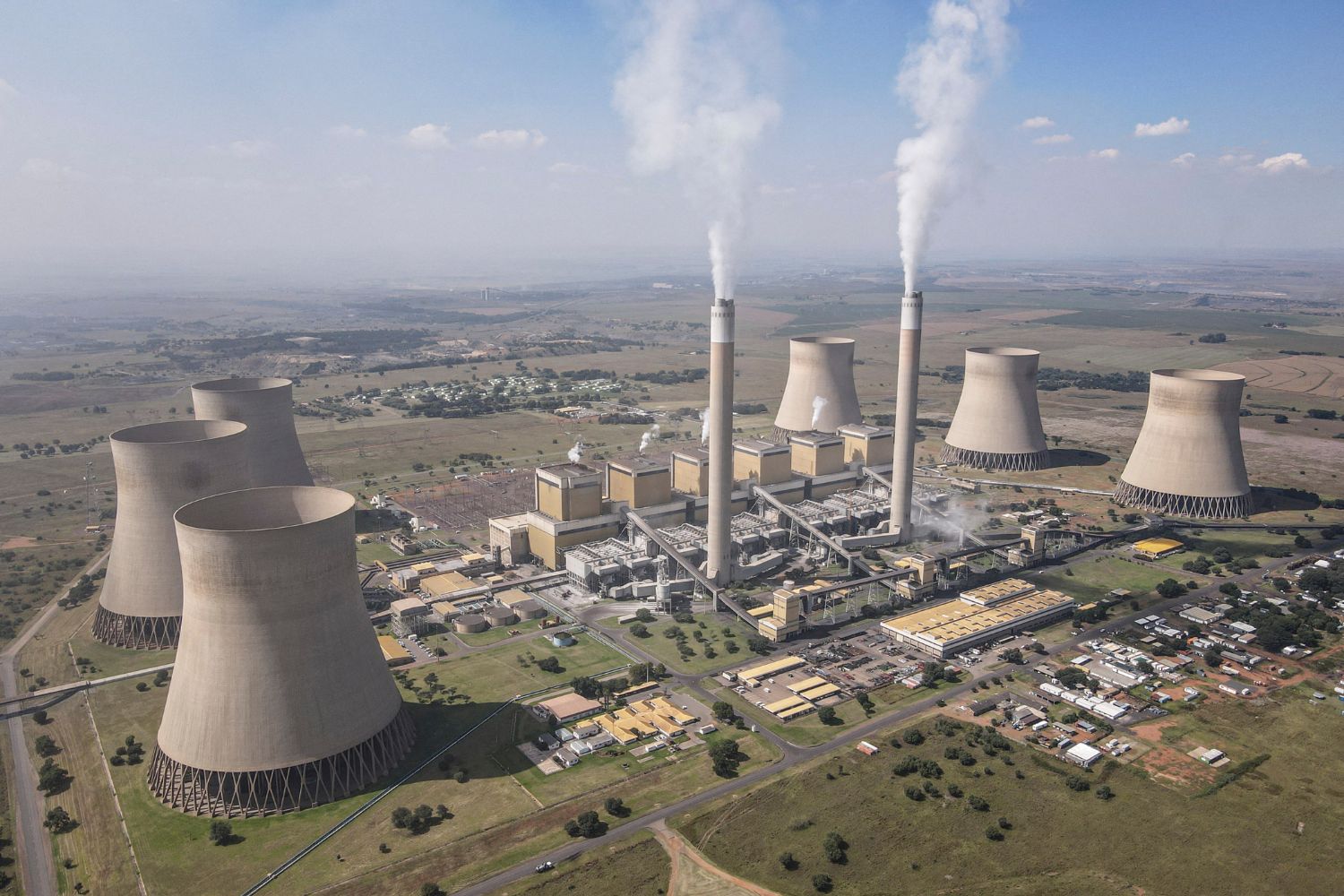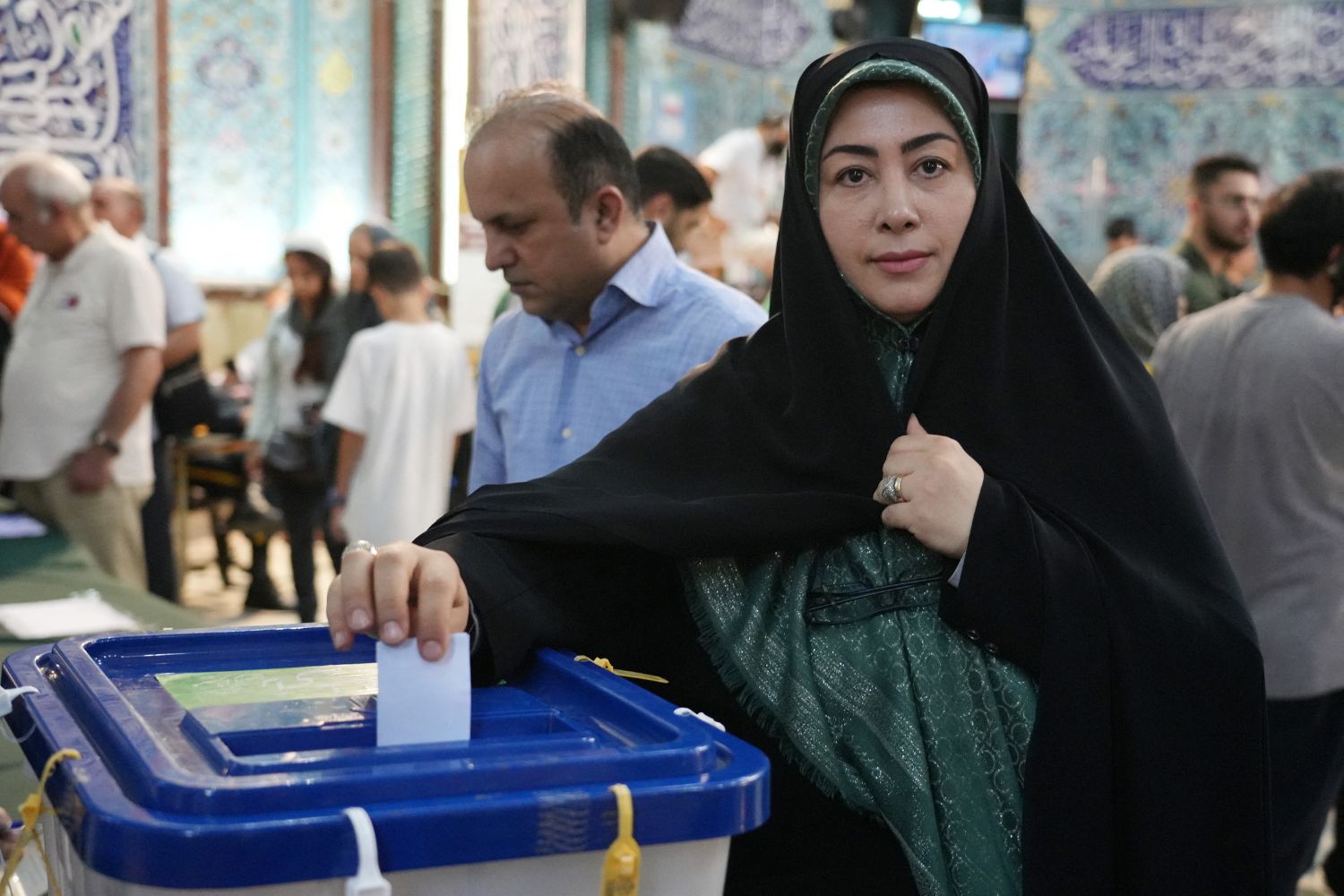The Indian election continues to unfold with significant updates on the voting process, key leaders’ activities, and evolving electoral dynamics. Here are the latest highlights from recent news sources:
The fifth phase of voting recorded a substantial voter turnout, with over 57% participation in 49 constituencies across six states and two union territories. West Bengal led with the highest polling percentage at 73%, showcasing the state’s strong electoral engagement.
Prime Minister Narendra Modi is set to host a ‘Matri Shakti Sammelan’ in Varanasi following the fifth phase of voting. He will interact with over 25,000 women in his parliamentary constituency, aiming for a third consecutive victory in the upcoming polls. This event underscores Modi’s strategic outreach to female voters, highlighting their pivotal role in the election.
Rahul Gandhi, a prominent opposition figure, is contesting from his traditional family stronghold in the fifth phase. His active involvement emphasises the critical nature of this election phase as the voting process approaches its conclusion. Gandhi’s campaign efforts are closely watched, given his influential position in the opposition.
The Bharatiya Janata Party (BJP) faces a crucial test as the election progresses into its final stages. The party’s focus on Hindu nationalist politics, particularly marked by the inauguration of a contentious Hindu temple in Ayodhya, is under intense scrutiny. The BJP’s strategies and voter sentiments are pivotal in determining its electoral success amid various challenges.
The narrative of the election is increasingly influenced by a blend of religious, economic, and social issues. The BJP’s emphasis on the significance of the Ayodhya temple, coupled with the strategic moves of opposition parties, is shaping the electoral discourse. These dynamics reflect the complex factors at play as voters make their decisions.
The integrity of the 2024 Indian general election is at significant risk due to the use of deep fakes and misinformation. AI-generated videos and manipulated content pose a threat to voter perception and democratic processes.
Key concerns include:
Ease of Creating Deep Fakes: AI tools make it easy to produce deceptive videos, which can mislead even digitally literate individuals. This is particularly concerning in India, where many of the 1.4 billion people may struggle with tech literacy.
Sectarian Tensions: Manipulated content can exacerbate sectarian tensions, especially during election periods, in a country already vulnerable to misinformation.
Fake Videos of Political Leaders: Deepfakes portraying political leaders criticising opponents or endorsing parties can harm their reputations and mislead the electorate.
ALSO READ: India’s election enters intense phase 2 campaigning as Modi and opponents clash
Rapid Spread on social media: Platforms like WhatsApp and Facebook are conduits for misinformation, where moderation is challenging, particularly in regional languages
.Government and Platform Struggles: The Indian government and social media companies face difficulties in containing fake news and propaganda, given the rapidly evolving AI environment.
This election is the first in India where AI is being deployed on a large scale, raising concerns about its impact on voter trust and the democratic process. Experts warn that the average Indian voter is at a high risk of falling prey to electoral misinformation, potentially undermining the integrity of the election.
Who are the candidates
The 2024 Indian general election is shaping up to be a highly anticipated political contest with several key parties vying for dominance, each bringing distinct ideologies and prominent candidates to the forefront.
At the helm of the Bharatiya Janata Party (BJP) is Prime Minister Narendra Modi, who seeks to secure a third consecutive term. The BJP is characterised by its advocacy for Hindu nationalism, economic liberalism, and a robust stance on national security. Under Modi’s leadership, the party has promoted a pro-business environment, substantial infrastructure development, and cultural conservatism, often emphasising Hindu values and traditions.
Opposing the BJP is the Indian National Congress (INC), led by Rahul Gandhi. The INC upholds the principles of secularism, social justice, and inclusive growth. With a long-standing history in Indian politics, the Congress party advocates for comprehensive welfare programs, economic reforms to reduce inequality, and a commitment to preserving India’s secular ethos. Rahul Gandhi’s leadership aims to rejuvenate the party’s centrist stance and reconnect with the electorate.
The Aam Aadmi Party (AAP), led by Arvind Kejriwal, presents itself as a party focused on anti-corruption, transparency, and grassroots democracy. AAP’s policy initiatives prioritise better governance through people-centric measures, with a strong emphasis on improving education, healthcare, and sustainable development. Kejriwal’s leadership style and the party’s governance model in Delhi have garnered significant attention and support.
Additionally, the Trinamool Congress (TMC), a formidable force in West Bengal, continues to play a crucial role in national politics. Under the leadership of Mamata Banerjee, the TMC promotes regional identity, social welfare, and economic development. Banerjee’s strong grassroots connections and advocacy for federalism have made her a significant player in the broader national electoral landscape.
Reflecting on the previous general election, the voter turnout was notably high, with a record participation rate of 67.1%. This enthusiastic engagement highlights the vibrant and dynamic nature of India’s democratic process, where diverse political ideologies and active citizen participation converge to shape the country’s future.
As the 2024 election progresses, these parties and their candidates are not only battling for political power but also striving to influence the electorate with their distinct visions for India’s future. The varied ideological landscape ensures a robust democratic exercise, reflecting the country’s multifaceted socio-political fabric.
ALSO READ: India gears up for historic general elections: ECI prepares for rigorous electoral process













